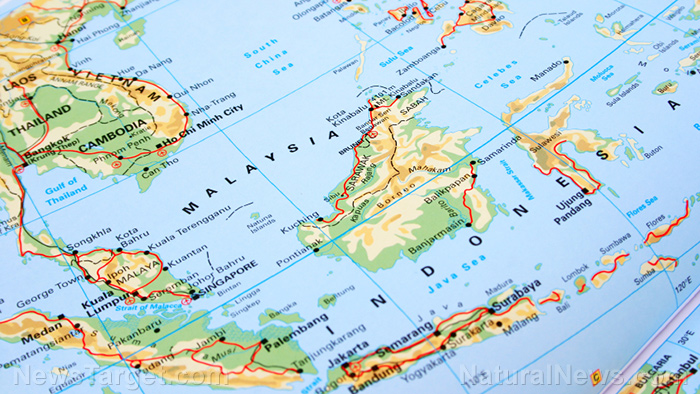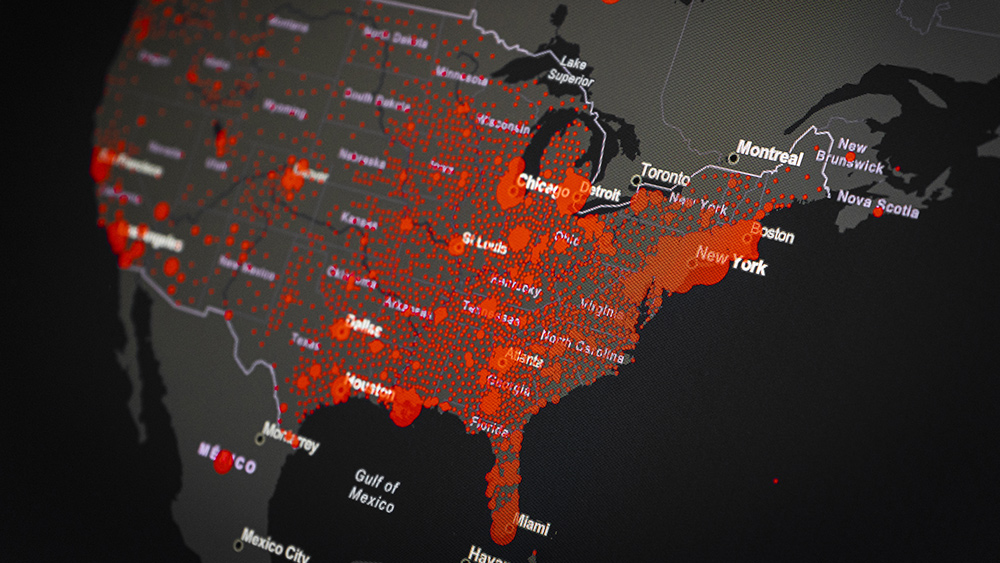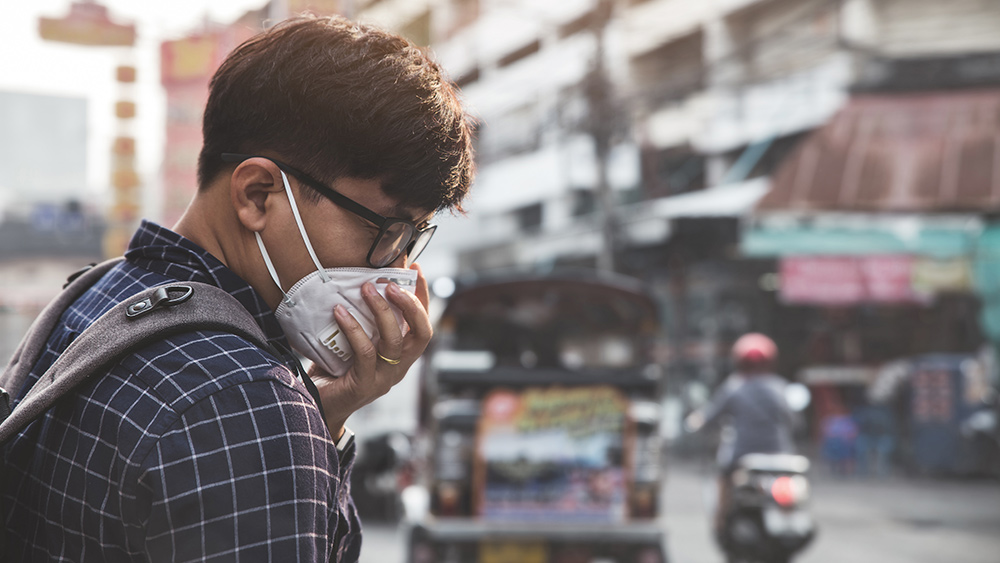Indonesia’s government botched its coronavirus response; residents are now paying the price
06/08/2020 / By Ralph Flores

Indonesia reported 678 new COVID-19 cases on Friday, increasing the total number of cases in the country to 25,216. According to coronavirus spokesman Achmad Yurianto, the country also had 24 new deaths, bringing the total to 1,520.
But public health experts are skeptical of the country’s official figures. With the number of new cases rising quickly, many are concerned that the world’s fourth most populous country isn’t prepared to handle an outbreak similar to that of the U.S. and Europe.
A cautionary tale
Indonesia’s total caseload has more than doubled in just a month, with the country reporting just under 12,000 cases and 865 deaths in early May. However, health experts say these figures don’t reflect the actual number of cases in the country, as official figures also reflect limitations in testing.
When public health experts tested 11,555 people in Surabaya, the country’s second-largest city, they found that around 10 percent had antibodies for SARS-CoV-2 (Wuhan coronavirus). To note the presence of coronavirus antibodies indicates that a person has had a past COVID-19 infection. However, official records for the province of East Java, which has Surabaya as its capital city, have only indicated 4,142 confirmed cases as of Wednesday.
According to Dono Widiatmoko, the figures reveal a grim truth – that runaway transmissions have occurred, and the country is losing its fight against COVID-19.
“Massive infection has already happened,” said Dono Widiatmoko, a member of Indonesia’s Public Health Association. “This means it’s too late.”
In the Maluku Islands, a remote group of islands in the eastern part of the country, local authorities tried to contain the virus after a hardware technician from Java Island tested positive for the virus. The islands even went on lockdown, enforcing quarantines and limiting flights and ferries.
But the coronavirus had taken hold of the islands by then. In Ambon, the largest city in the region, medical workers who had no contact with COVID-19 patients tested positive for the virus. Just this May, a hat vendor with no history of travel became sick and died.
The coronavirus task force in Maluku reported last week that new cases in the region were rapidly increasing. However, the islands have only tested 600 people – making it difficult to determine the actual caseload on the island.
“We didn’t expect it to happen this fast,” said Kasrul Selang, the head of the coronavirus task force in Maluku Province. His wife has tested positive for COVID-19.
Community transmission has begun.
Officials waited till the last minute to act
Despite the ballooning number of new cases in the country, President Joko Widodo has announced that national restrictions will be relaxed to save the economy.
“If people don’t eat and they get sick, it will be worse,” he told foreign news media in a recent briefing.
Indonesia is among the last countries to enforce measures for containing the coronavirus. When the coronavirus first hit neighboring Malaysia and Singapore in late January, Indonesia’s leaders acted like the nation was impervious to the virus – only confirming its first case in early March.
Hospitals in crowded Java Island painted a different picture. Doctors saw a surge in pneumonia cases – and deaths – that have symptoms similar to COVID-19. According to Anies Baswedan, the governor of the capital city of Jakarta, the official coronavirus count doesn’t include all coronavirus-related deaths in his region.
It was only recently that Widodo admitted that his government hid the true situation from the public to avoid widespread panic, as he placed the country on lockdown late April. At this time, provincial officials had already placed their own travel bans, in response to the national government’s scattershot attempts at containing the virus. (Related: A local government in Indonesia, lacking coronavirus support from national government, forced to use abandoned and “haunted” houses to lock up quarantine violators.)
“If they had restricted movement since the beginning, the disease would not have spread to almost all over Indonesia,” said Dr. Rodrigo Limmon, head of the Ambon branch of the Indonesian Doctors Association.
Pandemic.news has more on the ongoing coronavirus outbreak.
Sources include:
Tagged Under: coronavirus, Cover-Up, covid-19, crisis, Flu, government, incompetent, Indonesia, infections, Jakarta, java, Joko Widodo, lockdowns, outbreak, pandemic, Public Health, quarantine, superbugs, virus



















